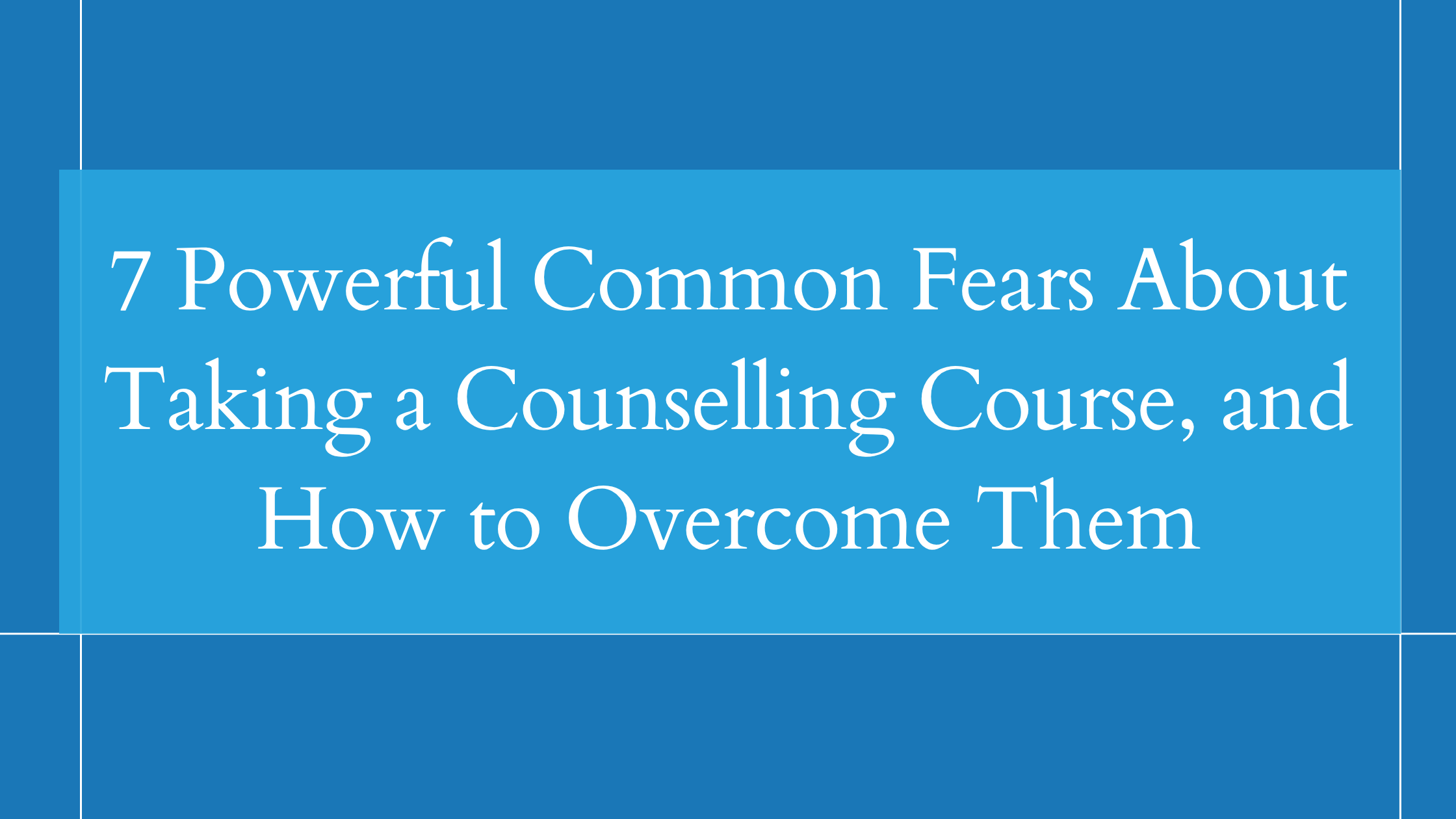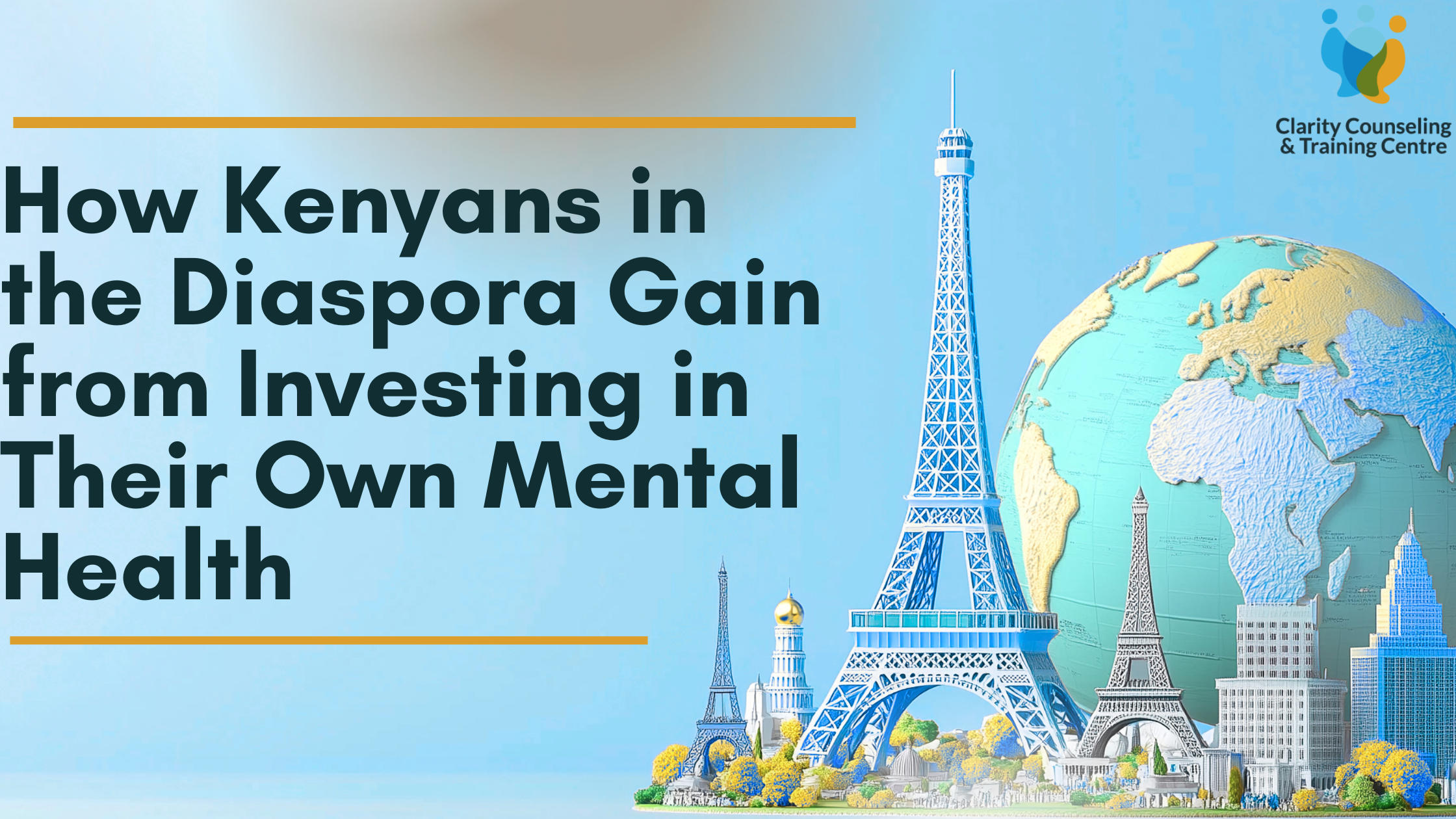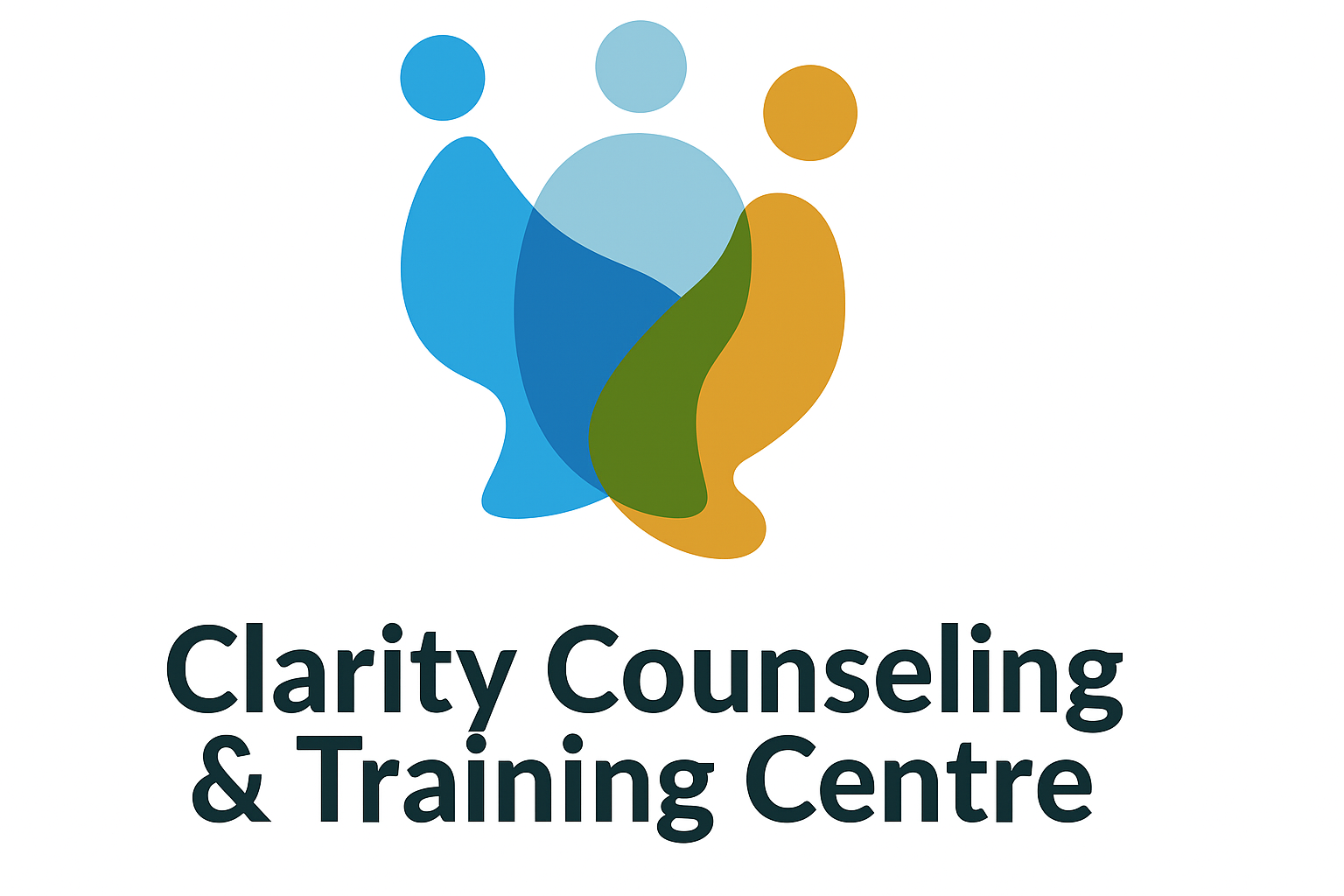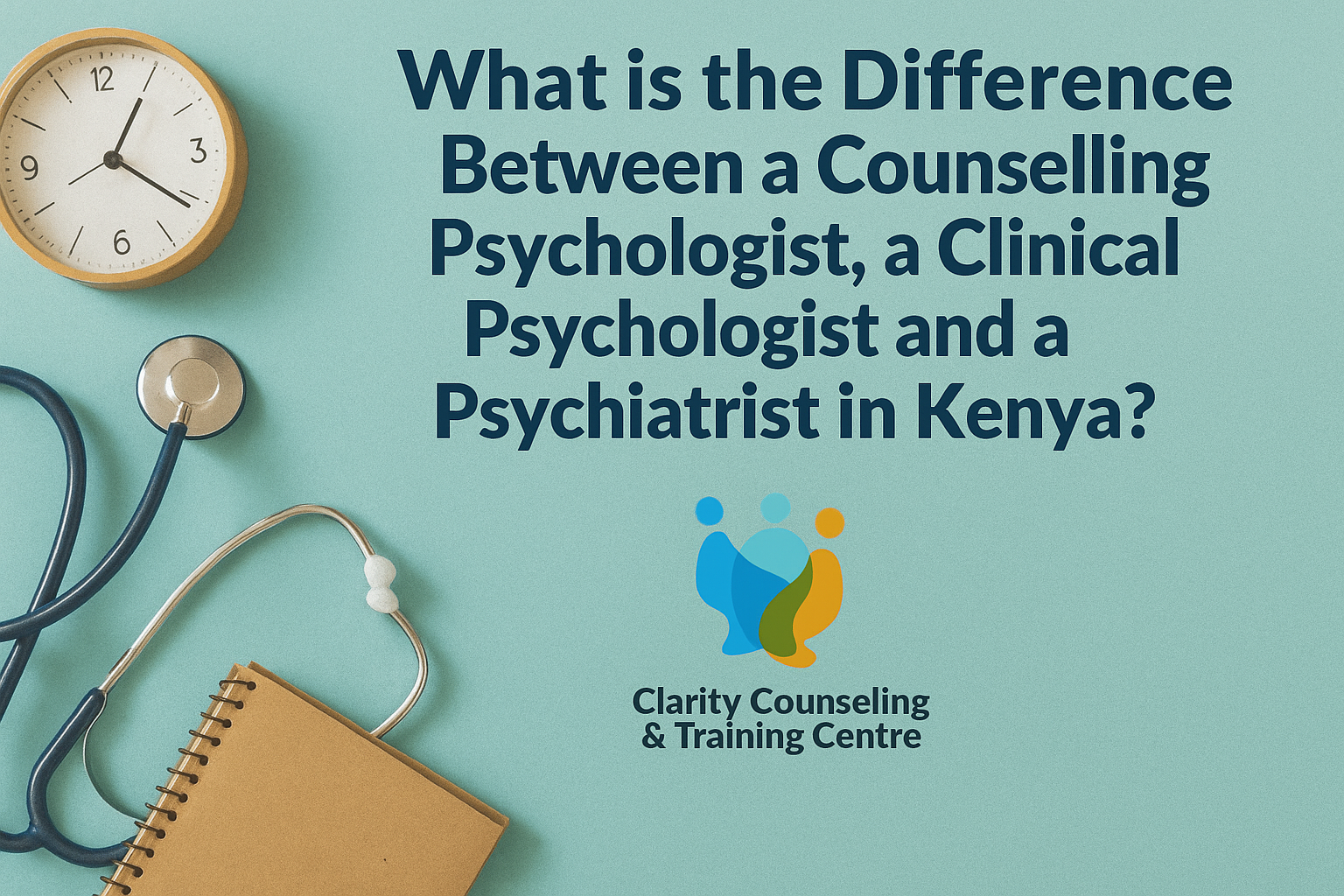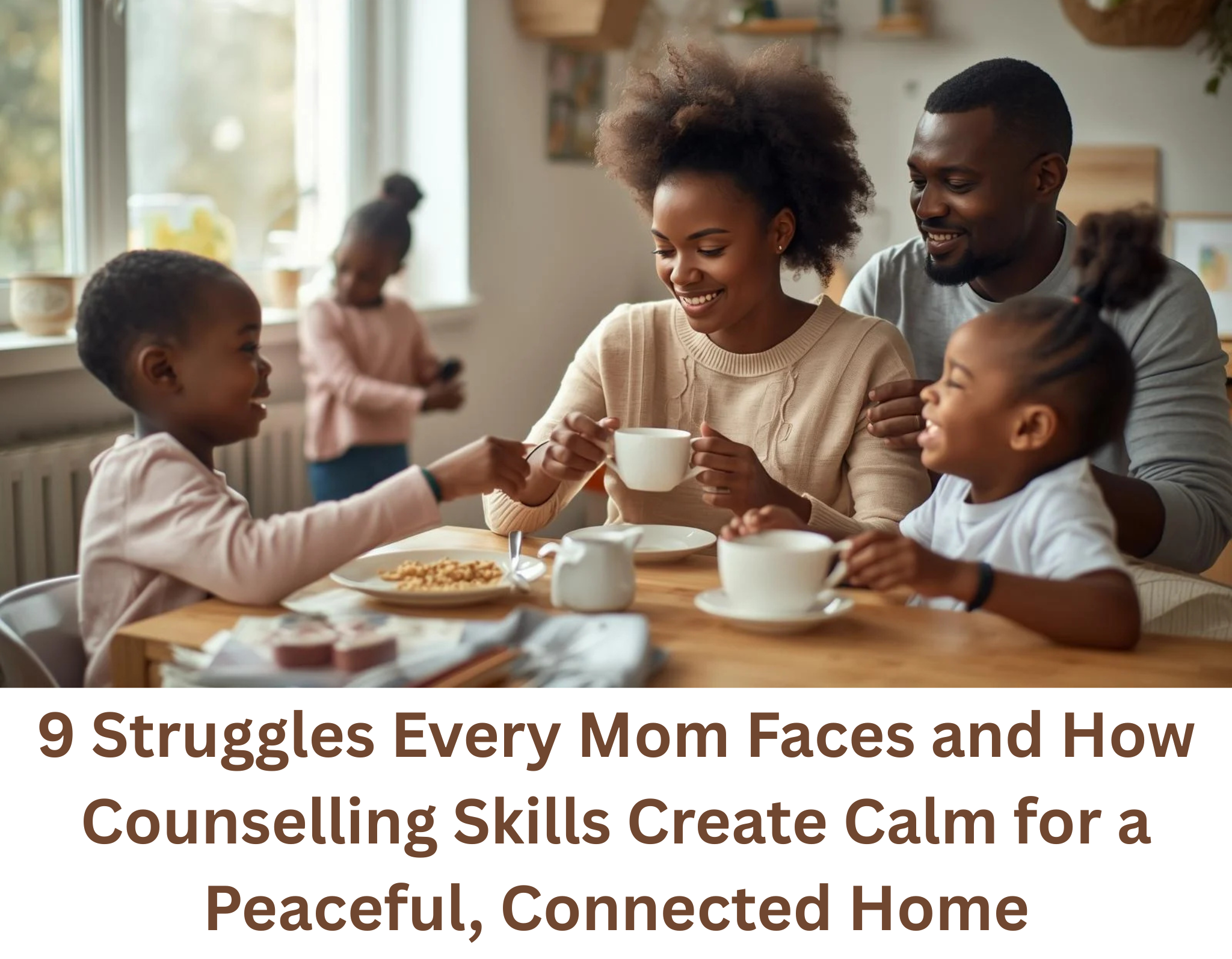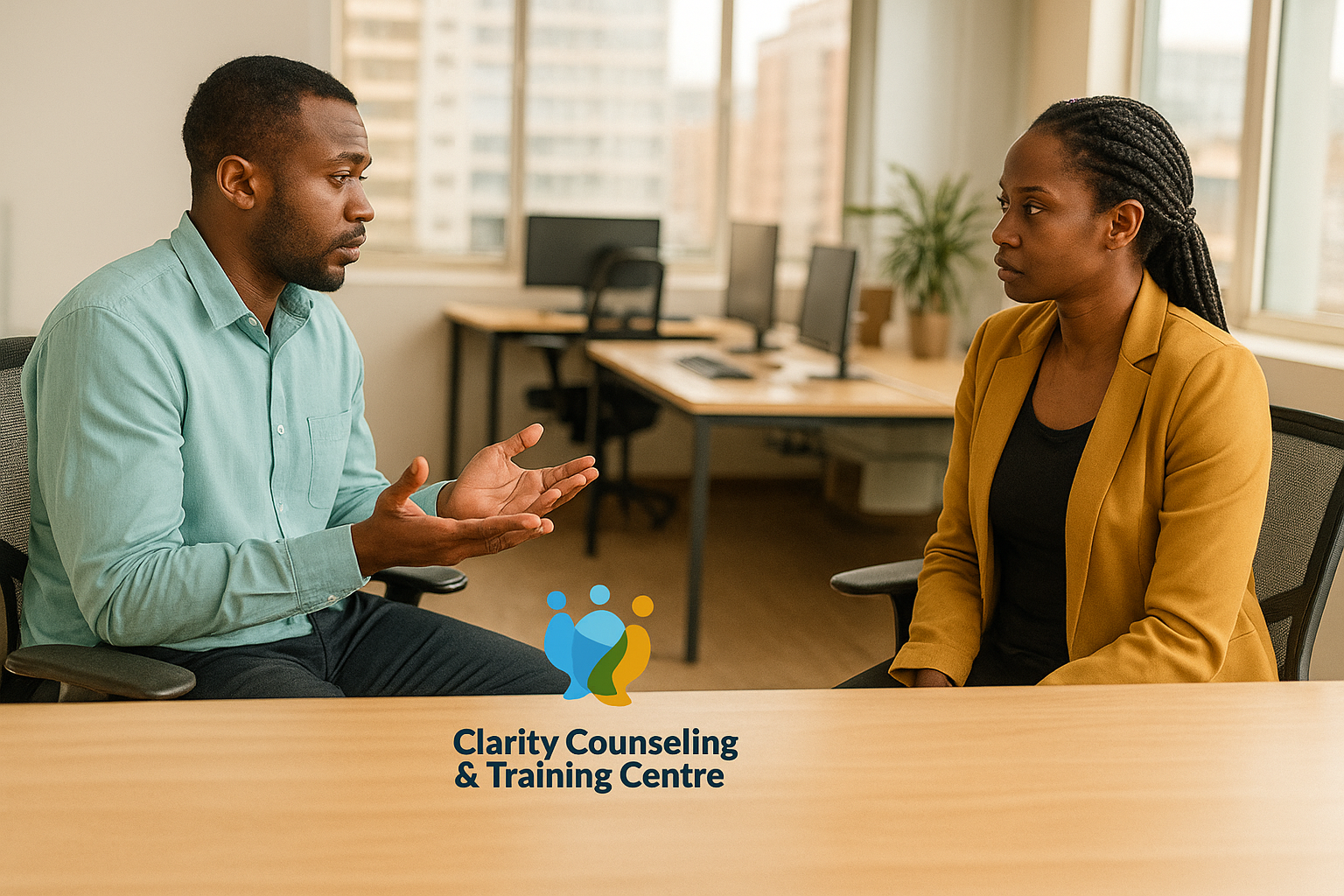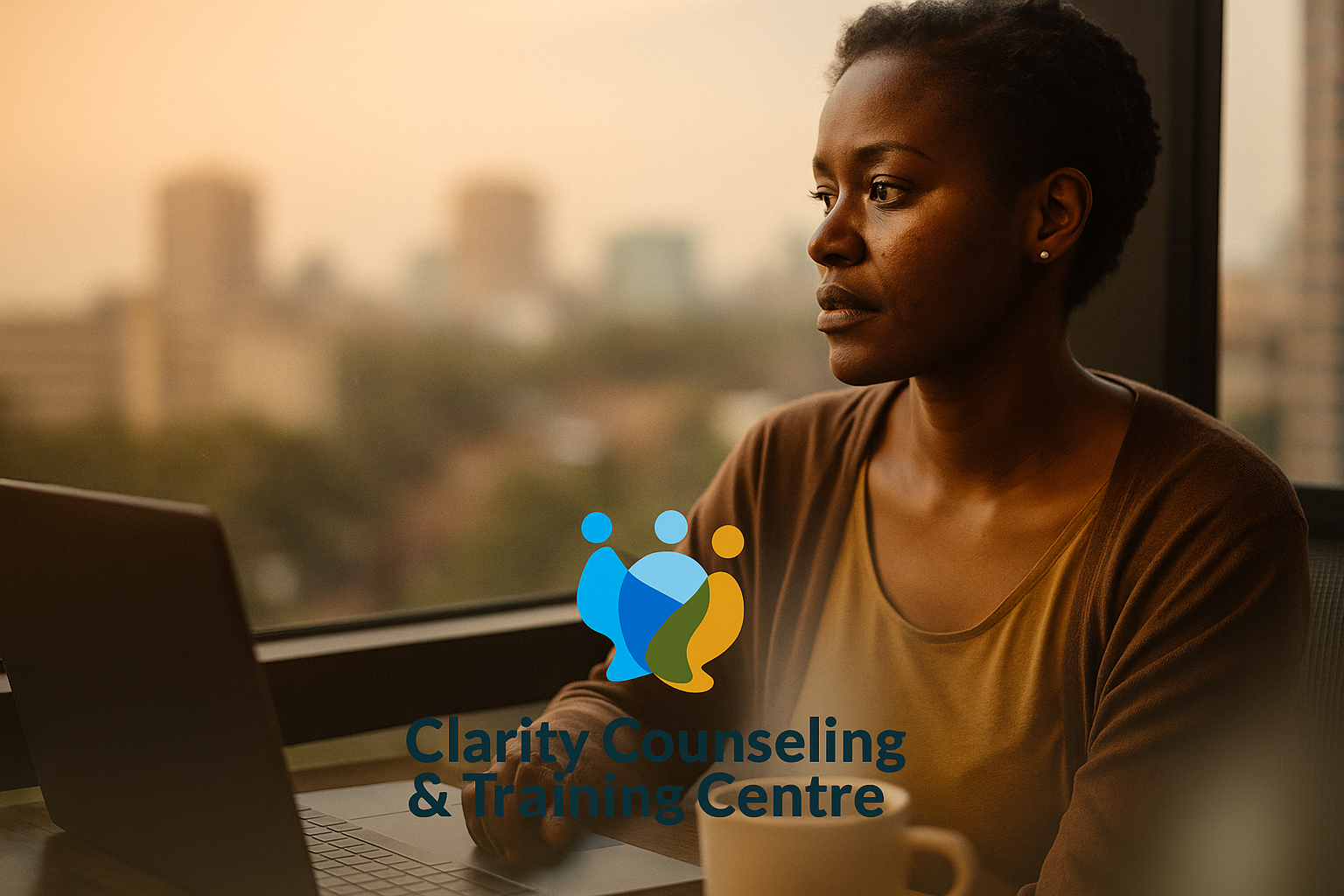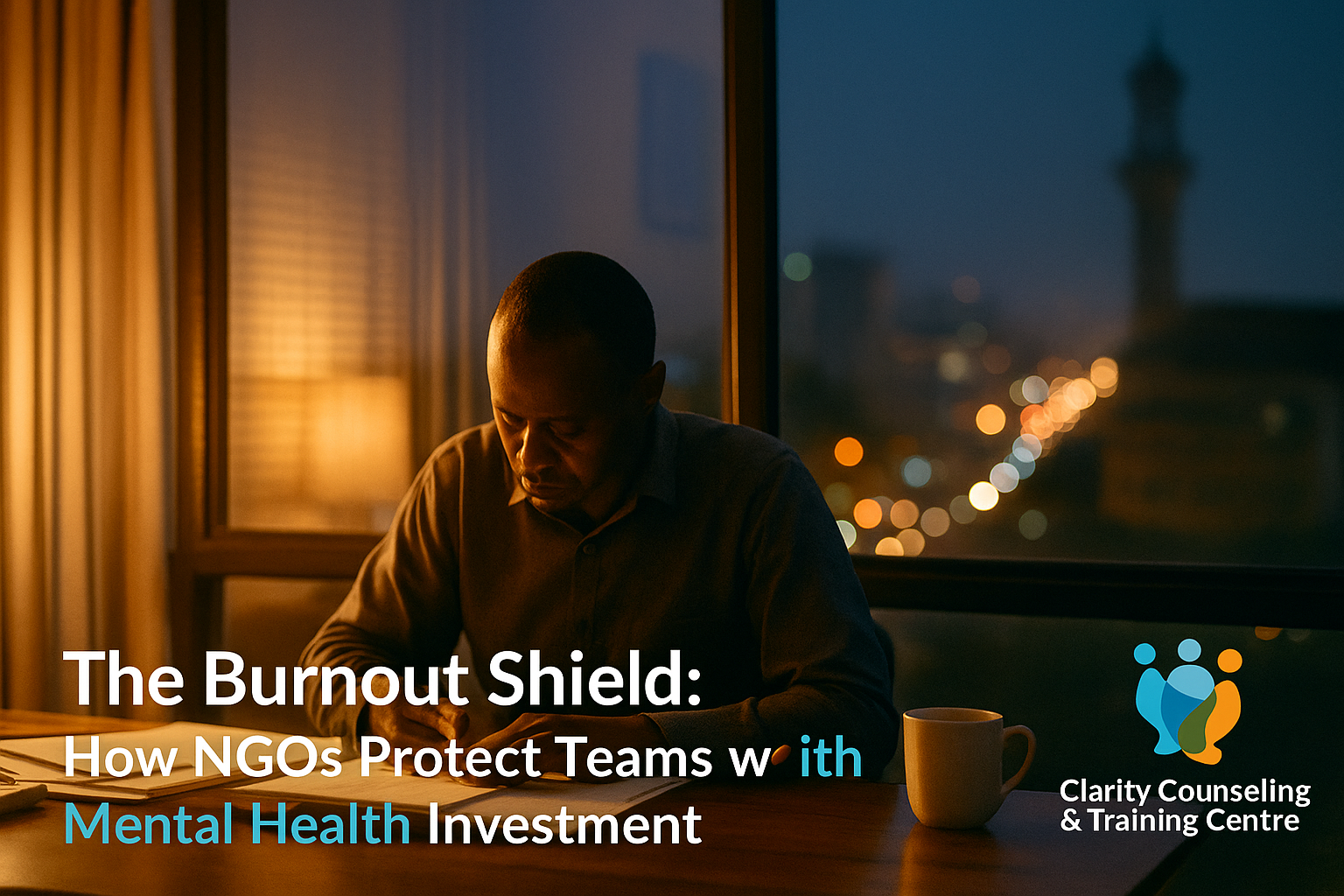Struggling with Emotional Overload? Try These 7 Practical Tools
You know that moment when your phone won’t stop buzzing? Notifications scream. Your inbox mocks you with red numbers. The baby’s crying. Someone at work needs something like yesterday.
And you? You’re hanging by a thread.
You paste on a calm face, but inside you’re seconds away from snapping. One wrong word, one more demand, and you’ll either explode or collapse.
I know that place.
It’s not “a little stressed.” It’s not “just a rough day.” It’s a full-body alarm that makes your chest clench, your mind scatter, and your patience vanish.
And then comes the shame. “Why can’t I handle this? Why does everyone else look fine while I feel like I’m drowning?”
Let me tell you something most people never hear, that feeling? That near-breaking point? It’s not a weakness. It’s your nervous system waving a white flag, screaming: Enough.
But of course, we don’t listen, do we? We push. We hustle. We swallow the lump in our throat and tell ourselves to “just keep going.” Until one day, our body makes the choice for us, panic attack, exhaustion, breakdown.
Let’s not wait for the collapse.
Let’s talk about what to do in the moment when everything feels like too much.
Because yes, there are ways to steady yourself. I’ve used them. My clients use them. And they work, if you let them.
Here are seven tools to grab when your mind is spinning and the weight is too heavy.
Tool #1: Ground Yourself in the Present
Ever been in a meeting in Nairobi where your heart is pounding so hard you can barely hear your own thoughts? The words you rehearsed vanish, and all you can think is, Don’t pass out. Don’t make a fool of yourself.
I’ve been there.
Here’s what saved me: I gave my brain a job. Something simple. Something it couldn’t screw up.
Look around.
- Five things you can see.
- Four things you can touch.
- Three things you can hear.
- Two things you can smell.
- One thing you can taste.
That’s it.
I know what you’re thinking: Seriously? That’s supposed to fix me?
No, it won’t fix everything. But it will anchor you. And sometimes, when panic is stealing your breath, an anchor is all you need.
Try it. The next time your mind spirals, name some of the things in the room around you. You’ll feel your shoulders drop, your chest open. You’ll remember: I’m here. I’m safe. I can do this.
Tool #2: Put the Chaos in a Box
Nighttime is the worst, isn’t it? When your body begs for rest, but your brain won’t shut up.
- Did I send that email?
- Did I pay the bill?
- What if tomorrow’s presentation tanks?
- Why did I say that stupid thing three years ago?
Here’s the trick: give your mind a container.
I close my eyes and picture a box. Wooden. Heavy. With a lid. Every thought, no matter how loud, goes inside.
One by one, I put them away. The urgent. Random. The ridiculous. I hear the thud as the lid closes. And then I whisper: “Not now. Tomorrow.”
And yeah, my brain argues. “But this is important!” So I imagine writing the thought on a card, sliding it into the box. I’m not erasing it. I’m choosing when to handle it.
Is it perfect? No. But after five minutes, the noise quiets. And often, I actually sleep.
If this cycle happens every night, though, it may be time for something deeper, like reaching out to one of the many counselling centres in Nairobi that offer support for anxiety, stress, and sleep issues.
Tool #3: Breathe Like Your Life Depends on It
Because sometimes it does.
Stress makes you forget how to breathe. Your chest locks up. Breath goes shallow. Your brain screams you’re suffocating, even when you’re not.
Here’s the reset:
- Inhale for 4.
- Hold for 4.
- Exhale for 4.
- Hold for 4.
It’s called box breathing. Simple enough that Navy SEALs use it in combat.
I’ve done it stuck in Nairobi traffic, palms sweating, convinced I’d pass out. Within two minutes, my pulse slowed. My head cleared. My body got the message: you’re safe.
And if breathing alone feels impossible, working with affordable therapists in Nairobi or engaging in therapy in Kenya can help you learn how to regulate your nervous system in real-time.
Tool #4: The Three-Column Fix
Some mornings, the day itself feels like a weight pressing you down. Everything feels urgent. Everything screams for attention.
Here’s how you quiet the noise, grab a page. Draw three columns.
| Must Do | Can Wait | Let Go |
|---|---|---|
| That report due today? | The laundry? | Sorting through WhatsApp memes? |
| Paying the electricity bill | Grocery shopping (later today) | Arguing in Facebook comments |
| Picking kids up from school | Organizing your closet | Binge-scrolling TikTok at midnight |
| Taking prescribed medication | Responding to non-urgent emails | Comparing yourself on Instagram |
| Attending a therapy session | Meal prepping for the week | Doomscrolling news before bed |
| A friend in crisis calling | Scheduling that dental checkup | Re-reading old WhatsApp threads |
| Prepping for tomorrow’s meeting | Exercise (if it can shift a day) | Obsessively tracking likes online |
Then say it aloud: “One must. Two waits. One let-go.”
Here’s why it matters: when your brain believes everything is urgent, you freeze. But when you see it in black and white, you realize half your list doesn’t deserve your energy.
This isn’t laziness. It’s survival.
And if sorting through life feels impossible on your own, many psychologists in Nairobi can guide you through prioritization and healthy coping skills.
Tool #5: Move or Explode
Stress is steam in a pressure cooker. If you don’t release it, you’ll blow. And no, you don’t need a gym membership.
Stand up. Shake your hands like they’re dripping water. Roll your shoulders. Stretch your neck toward the sky.
Got two minutes? Blast one song and dance in your kitchen. Got ten? Walk around the block.
Every step tells your body: I’m not trapped.
It doesn’t erase the problem. But it keeps your body from storing stress like poison. And sometimes, that’s the difference between breaking and bending.
Tool #6: Micro-Breaks
Here’s the lie overload tells: You can’t stop. You don’t have time.
But the truth? You can’t afford not to stop.
Micro-breaks are how you survive the day without crashing.
Close your laptop. Place a hand on your heart for ten seconds. Make tea and actually smell it before you sip. Step outside. Feel the sun on your face.
These aren’t luxuries. They’re survival tactics.
Think of them as breath credits. The more you spend, the richer you get in patience and energy.
Even workplaces across Kenya are recognizing the value of this, many now encourage access to counselling services in Kenya as part of employee wellness programs.
Tool #7: Say It Out Loud
Overload whispers: Don’t burden anyone. Keep it inside.
That’s how it wins.
Because silence is heavy. But words? Words lighten the load.
Here’s a script: record a voice note. “Rough day. Can I vent for three minutes?” Send it.
Or a text: “Got five? Need a quick ear.”
People who love you want to help. And when friends can’t hold it? That’s when a counselor steps in. Not just listening, but helping you untangle the knots you can’t face alone.
There are many counselling services in Kenya, from marriage counseling in Nairobi for couples, to trauma therapy, to stress management. Whatever the need, connection is always lighter than isolation.
Why Overload Hits So Hard
Think of your brain as a computer. A few tabs open? Fine. Add twenty more, a video call, a system update, and suddenly it freezes. That’s overload. Too much input. Too little rest.
Science backs it up: chronic stress rewires the brain. The fear center gets louder. The decision-making part gets weaker. That’s why even small tasks feel impossible.
So if you’re thinking, “Why am I falling apart over something so small?”, you’re not crazy. You’re overloaded. And counselling in Kenya can help you understand and retrain your nervous system, just like physical therapy retrains a muscle.
When Tools Aren’t Enough
I won’t sugarcoat it. These tools help. They can keep you afloat in rough water.
But if every day feels like drowning? If panic is your baseline? If exhaustion greets you every morning? Then you need more than hacks.
You need help.
And not the “chin up and smile” kind. Real help. Someone trained to sit with you in the storm, map the patterns, and teach your body how to breathe freely again.
That’s what we do at Clarity Counseling in Nairobi. We’re part of the wider network of counselling services in Kenya, and our team of psychologists in Nairobi has helped countless people step out of overload and back into life.
And if you’re a student or aspiring counselor yourself, exploring counselling psychology courses in Kenya or even short courses in counselling psychology, like those offered by the Clarity Counseling & Training Centre, you get tools not just to help others, but to manage your own mind as well. With today’s options, you can even enroll in online counselling psychology courses in Kenya without leaving home.
And yes, support doesn’t have to break the bank. If you’re looking for affordable therapists in Nairobi, we’re here.
One Last Breath
Go back to that opening scene. The buzzing phone. The crying child. The chest that clenches.
Now imagine pausing. Inhale for four. Exhale for six. Circle one task on your page. Whisper: “This can wait.”
That’s how it starts. Small. Steady. Possible.
If you’re ready to do more than survive, book a session with Clarity Counseling today. Whether you’re searching for counselling in Nairobi, marriage counseling in Nairobi, or simply an affordable therapist in Kenya, the help you need is here. Let’s lift the weight together.

